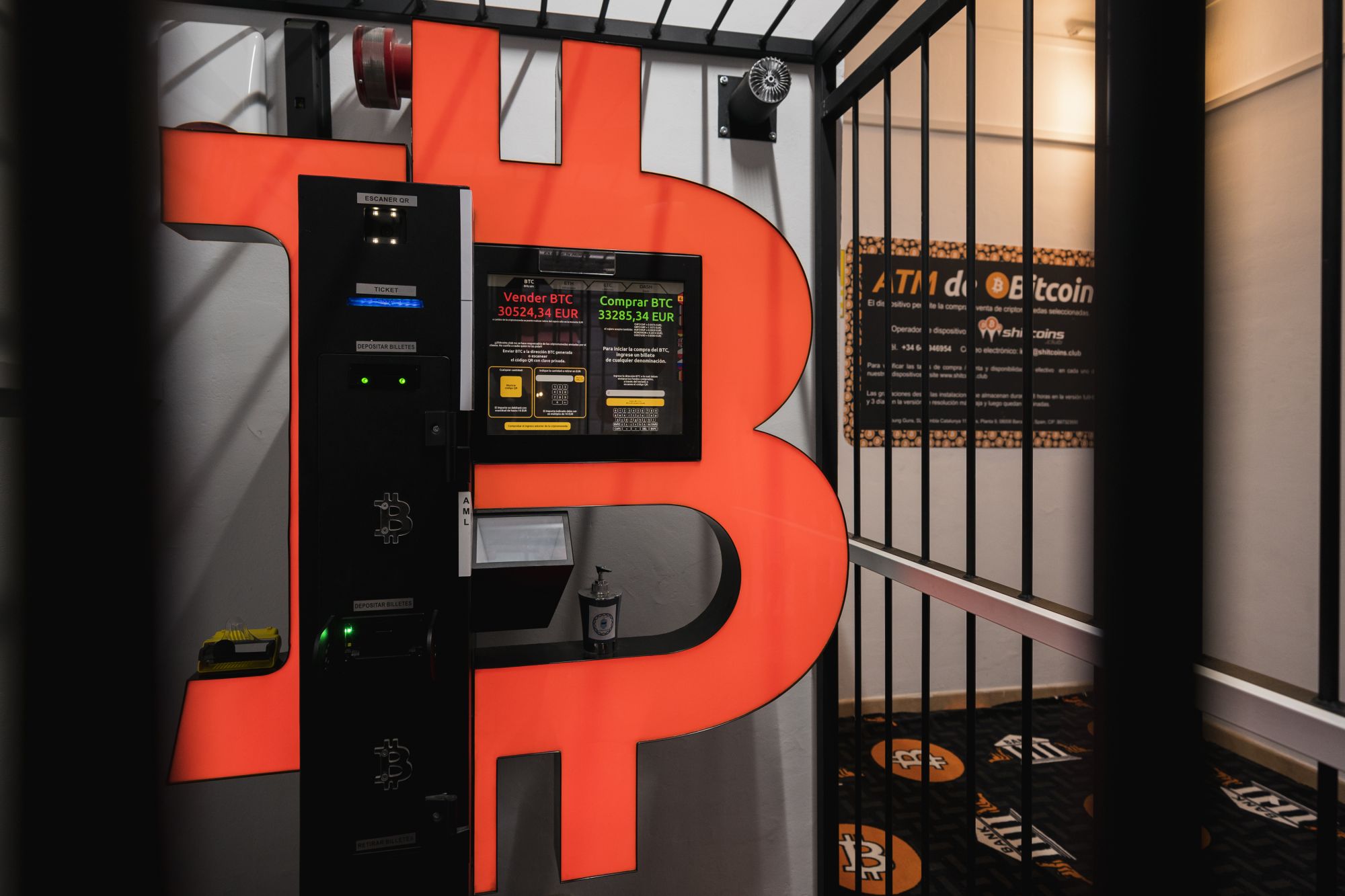After Tesla announced that it bought US$1.5 billion worth of Bitcoin, you might be wondering what Bitcoin is? Here, we round up five of the most important things to know
Tesla recently bought US$1.5 billion worth of Bitcoin, citing "more flexibility to diversity and maximise returns" of their cash. The company also said it will start accepting payments in Bitcoin for its products, making Tesla the first automaker to do so. The move towards Bitcoin is a huge investment for Tesla which had more than US$19 billion in cash at the end of 2020, with founder Elon Musk's own net worth skyrocketing.
But perhaps the move shouldn't come as a surprise to many as the electric car kingpin has been tweeting positive messages about cryptocurrencies including Bitcoin and Dogecoin as well as briefly adding hashtag #bitcoin to his Twitter bio. Prices for Bitcoin and Dogecoin hit the roof following Musk's tweets and again following Tesla's Bitcoin investment. After that, Musk also joined Clubhouse and said that he's a supporter of Bitcoin.
You may be wondering what's all the fuss about cryptocurrencies and why Musk has been over the moon about it. To help you understand the matter a little bit more, we compiled a beginner's guide and listed five of the most important things you should know about Bitcoin.

1. What is Bitcoin?
Bitcoin is a decentralised form of digital currency. This means two things: there are no coins to mint or bills to print and there are no government or financial institutions that control it. In fact, most of the people who own Bitcoins in their system are anonymous with no identifying features, such as account numbers, name, social security numbers, connected to them.
But the defining feature of Bitcoin is its use of blockchain technology which in layman's terms is a digital record of transactions. Its name comes from its structure where individual records called blocks are linked together in a single list called a chain. This technology is used to record transactions from cryptocurrencies such as Bitcoin.
Bitcoin also uses encryption keys to connect its buyers and sellers. Just like and diamonds, Bitcoins needs to get "mined."
(Related: 5 Cryptocurrencies To Know About (That Isn't Bitcoin))




